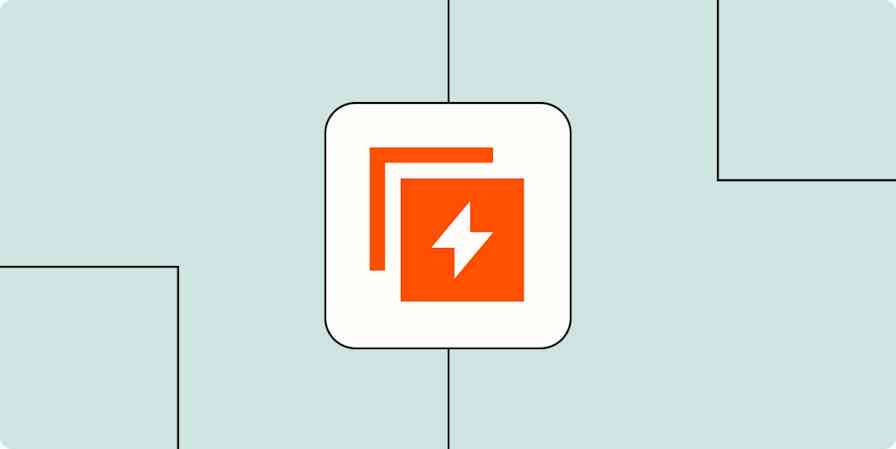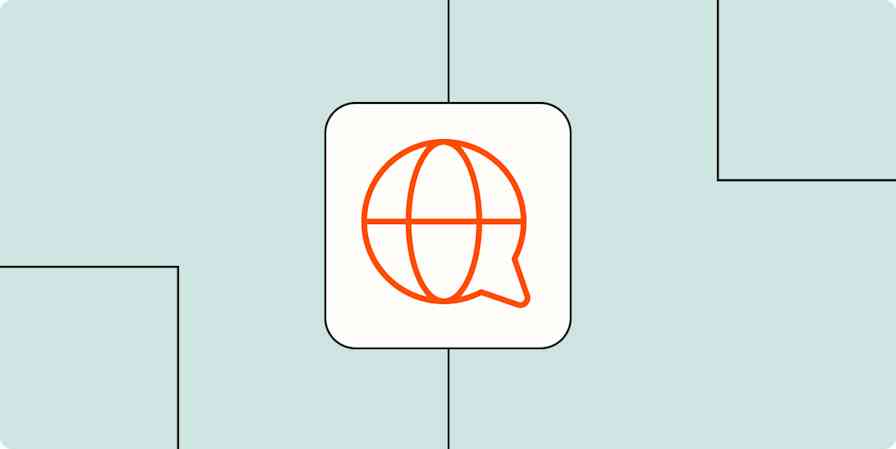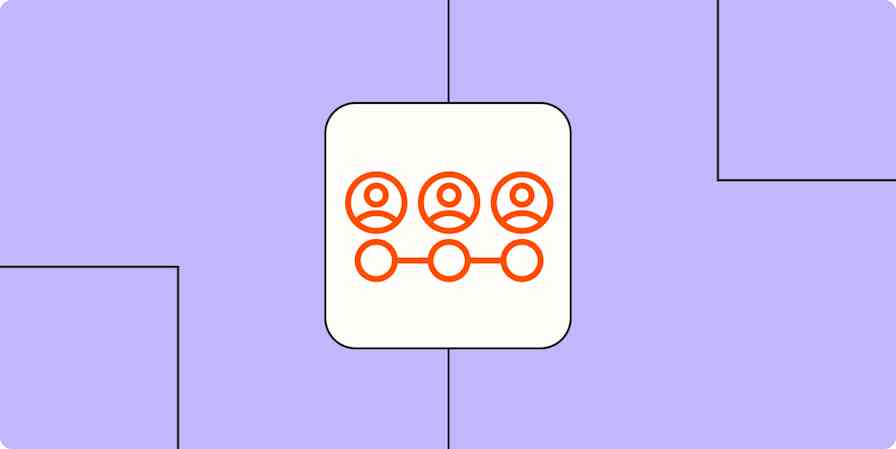I'm sure you remember an inspirational teacher who impacted your life.
When good teaching happens, it stays with us for a lifetime. It might be the traditional classroom teacher you were assigned to at the start of the school year who lit a fire for a subject in a new way. Or maybe it was a coach or advisor who made you feel seen and successful, especially where you weren't necessarily the natural star. Or maybe it was a friend or family member who taught you a lesson, a story, or a value that's influenced you.
While each of us holds these teacher names and memories in our heads and hearts, that's often where they stay. The names known across households far and wide are instead usually titans of business and industry. They're entrepreneurs who've made billions (albeit no small feat). Rather than always indexing on the few, is there more we can learn from the many—the profession where everyone has a personal hero?
I'm a former teacher and current entrepreneur, so I of course think the answer is a resounding yes—particularly in our present pandemic-centric moment. Experienced teachers have had to adjust to a radical new world, and new teachers (looking at you, parents, grandparents, friends, neighbors, and caregivers of all kinds) have transformed their homes into schools.
As a teacher, resources are limited and stakes (and potential for impact) are high. Sounds a lot like being an entrepreneur, right? So with this in mind, here are the lessons entrepreneurs can learn from some of our most innovative workers: teachers.
Start with backward planning
Teachers start the year with the end in mind, considering the goals they want their students to achieve. The same goes for each unit, and even each lesson. It's called backward planning.
Each year, I would take out a notebook full of state teaching standards to help direct my lesson planning. It allowed me to be sure I could convey the volume of information students needed to learn in a way that was also meaningful, so that students would hit important milestones for the year. It ultimately led to a day-by-day lesson plan, and each moment of each lesson was purposeful because of it (not only academically, but often across other social and emotional goals).
Entrepreneurs can learn a lot from this precision in planning toward a goal. For example, instead of just posting on social media, think of your quarterly social media goal, and work backward to see what type of content you might post to hit that goal. Create a content calendar (that's your lesson plan!), and be sure that each piece of content is intentional in helping you reach your goals.
At Lloyd, we work with our members on breaking down their big career dreams—everything from starting a side project to looking for a new job—into weekly, digestible bites. Start with the end goal and work backward. And as a business, we do the same: we have monthly financial objectives and work backward to plan our monthly deliverables based on those goals.
But be flexible and ready to pivot

Every teacher has taught a lesson that just wouldn't sink in for their students. There could be a variety of reasons: the students don't have the prior knowledge it seemed they might, the way the content is delivered is actually confusing in action, it's after lunch—the list goes on.
A great teacher will start by trying to pinpoint the underlying issue in the moment, perhaps even acknowledging it out loud to see if the class agrees. "Hey, maybe we need a little review of improper fractions from last year?" or "Let's take a 30-second stretch break?" Then they'll adjust to meet the issue of the moment and help reach the overall goal.
Of course, teachers have experienced this in a much more intense way. Think about the massive pivots that happened, in some cases over the course of just a few days, when the pandemic first hit. Every single plan teachers had for the rest of the year was completely shattered. This wasn't something a 30-second stretch break would fix.
As entrepreneurs, it's easy to get attached to a project and refuse to admit that it's just not working. Or at least refuse to give up on it. We can learn from teachers' ability to change course, try something different, or give up on the approach altogether. If it's not working for students—or in your case, customers—it's just not worth it.
At Lloyd, we originally started by talking to our members on extended video calls. We even experimented with meeting in person. Like many businesses, we made massive pandemic pivots and quickly recognized that we could actually support our members in reaching their career goals with more efficient communication means, like quick emails or phone calls that have less scheduling and technology friction. We'd felt attached to our in-depth 1:1s—it felt like part of our business ethos—but we read the room, and now it's proven to be better both for our customers and our business.
Differentiate
Teachers are constantly thinking about how to best support students with different learning needs. It's called differentiation, and it's a recognition that, in every classroom, no two students are exactly the same. The role of the teacher is to understand these varying learning needs so they can meet students where they are.
You're not going to differentiate your product for each of your customers, of course. (Although if you run a small, service-oriented business, this is more possible.) But you can use user segments to be sure you're differentiating for the different types of customers who might use your product. If you don't have customer personas, that's a great place to start, and customer journey mapping can help you differentiate even more.
Entrepreneurs can learn from this framework that shows how differentiation can be achieved through four things: content, process, product, or affect/environment.
Content will be a powerful aspect for many entrepreneurs, but consider thinking about the other factors as well. For example, educators talk about classroom climate, where the teacher is often seen as the "weather-maker"—they need to respond to each student in a way that elicits a positive response from that student. If you think about your leadership role as a weather-maker for your customers and colleagues, would that change how you view your responsibilities? Would you be more in tune to each of them?
Make it fun
One year, my school was running a magazine drive. For some unknown reason, someone suggested that a motivating prize for the students would be if I dressed up in an enormous lion costume (recycled from the drama department). When the students reached their magazine drive goal, into the lion's den I went.
I've never seen teenagers so giddy.
Depending on your industry, a lion costume may or may not be the best way to make it fun—but I encourage you to find your own lion costume. And you can do it both for your employees and your customers.
For your employees, build social time into work days, make jokes, and lead by example: have fun yourself. At Lloyd, we recently ordered each other lunch from a surprise location. We set a small budget, noted any dietary preferences, and then chose the food for each other. It was a great way to break up the day and treat each other.
For your customers, add some fun into your communication with them. Try sending a just-for-fun email to your list or posting just-for-fun content to social media. No engagement goals, no conversion metrics—just fun.
Celebrate success
Remember that time you dressed up as a centenarian for the 100 days of school party? Maybe you hadn't thought about that in decades, but you were learning in a small way to celebrate progress. If teachers are the CEOs of their classroom, their real titles are the same: celebrator in chief. This means honoring progress when the team achieves a big goal. Or—even if you didn't achieve that goal—recognizing the hard work that was done.
Please thank the teachers in your life. Then, instead of asking them about summer break, ask: what else can you learn from them?





